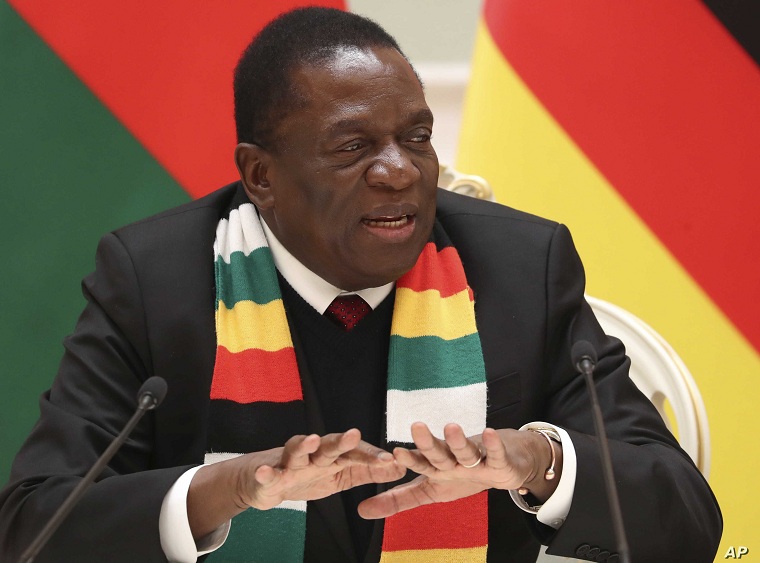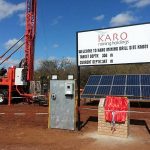From this year going into the future, all our regions will take turns to host this very important day so our whole Nation identifies with it in equal measure. Again, this is more than a mere hosting responsibility; it is an opportunity for the national leadership to concentrate its focus on specific and peculiar needs of each region when it hosts this national event. In future, the host region must arrange for a week-long conference preceding the Anniversary, and during which the focus will be on it exclusively. This neatly dovetails with our broader, constitutionally mandated policy of devolution by which powers of, and decisions on, governance and development cascades down to regions.
An opportunity too, for respective hosts to show and exhibit their subcultures which in harmonious combination and sum, create our national Zimbabwean culture. National Culture is critical to our identity and collective being as an independent people. The coming into play and national visibility of individual sub-cultures and languages help establish variety, wholeness and balance to our National Culture and Being. This is as it should be in a free Zimbabwe where national commemorative platforms must display our whole identity as a people, in its mosaic richness.
Yes, an opportunity for us to take stock of how each of our ten regions has fared, or is faring, in carving a distinct economy based on its unique factor endowments. Any one region hosting our Nation for this happy commemoration, must give us a picture of its total situation warts and all. We want to know about the state of infrastructure, the basic social amenities, the state of education, contribution to our national agriculture, the natural resources available to it, and how, in meticulous combination, all these are interacting to yield provincial GDPs and rural industrialisation, which contribute to the overall national GDP.
I wish to make two observations in respect of our national devolution policy and the way it is panning out. Across regions, I see lots of growth points which, before long, will burgeon into towns and even cities. This is very good and points to the future. What, however, would make this transformation to urbanity better, is when we ensure it is underpinned and driven by gainful economic activity, as opposed to just concentrated human settlements. A key question to ask, therefore, is what economic activity agglomerates and supports those settlements? How are residents of those sprouting urban settlements eking out a living; what is their livelihoods?
Such a key question allows us to plan for rural transformation through gainful economic activity, as opposed to rural pauperisation through thoughtless densification of settlements. Towns and cities are nodes of industrial activity; they are not just demographic propositions. Zimbabwe must avoid DIY or Do-It-Yourself towns and cities which mushroom chaotically, driven and shaped by unemployed, informal settlers living on margins of a few manufacturing hubs. Such unplanned settlements eat into our agricultural land, and thus create insupportable population settlements. Government is very worried about urbanisation driven by reckless sell of rural land, without any concomitant national plan or employment-creating economic activity. Such a development is ruinous. I urge our Ministers of State for Devolution and Provincial Affairs to look at this matter very closely, before it gets out of hand. They must also ensure these settlements do not exceed amenities meant to support human activity. Above all, they must ensure these do not become enclaves of hunger and high unemployment.
Continued next page
(95 VIEWS)


